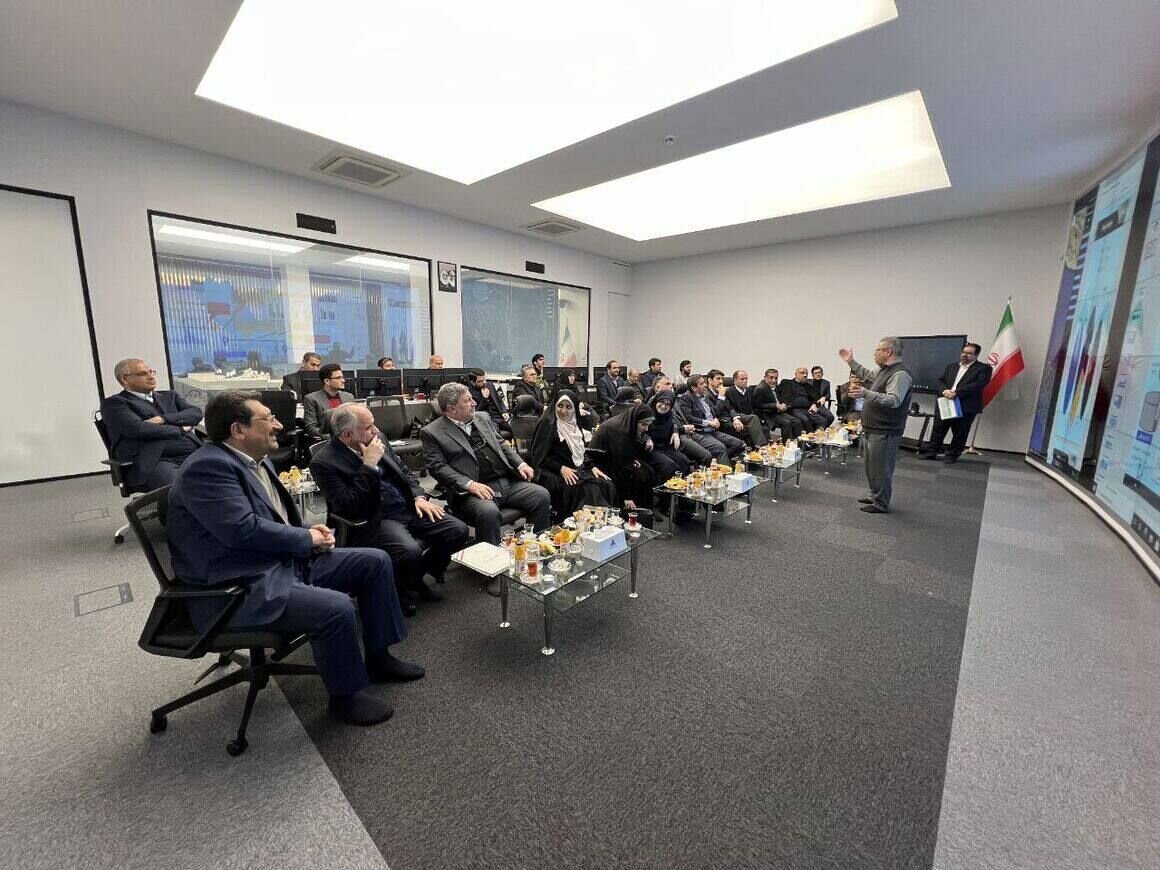Oil Ministry holds meeting to explore ways of resolving energy imbalance

TEHRAN - The second meeting to address and manage energy imbalance in Iran was held at the Oil Ministry, attended by senior officials, including vice presidents and several cabinet members.
According to Shana, the session took place on Sunday evening (December 8) under the supervision of Oil Minister Mohsen Paknejad.
Attendees included Mohammad Jafar Ghaempanah, Executive Vice President; Zahra Behrouz Azar, Vice President for Women’s Affairs; Hossein Afshin, Vice President for Science and Technology; Abdolnaser Hemmati, Minister of Economic Affairs and Finance; Ahmad Meydari, Minister of Cooperatives, Labor and Social Welfare; Farzaneh Sadegh, Minister of Transport and Urban Development; Amin Hossein Rahimi, Minister of Justice; Gholamreza Nouri Ghezeljeh, Minister of Agriculture; Seyyed Mohammad Atabak, Minister of Industry, Mines and Trade; Sattar Hashemi, Minister of Communications and Information Technology; and Fatemeh Mohajeri, Government Spokesperson.
Also present were Elias Hazrati, head of the government’s Information Council, as well as deputies from the Planning and Budget Organization and the ministries of industry and labor.
Mohammad Jafar Ghaempanah had stated last Wednesday (December 4), following the first meeting on energy imbalance, that the sessions aim to address the government’s and public’s concerns about fuel supply for winter. He emphasized that the meetings would be held weekly, and in urgent cases, daily.
“The energy imbalance has existed for years, but the situation has now become critical,” Ghaempanah said. “To ensure no disruptions in fuel supply or power cuts during winter, we are holding these sessions to manage the energy deficit.”
Iran faces a longstanding imbalance between energy production and consumption, driven by rapid population growth, energy-intensive industries, and inefficient consumption patterns. While the country holds some of the world’s largest natural gas and oil reserves, a lack of investment in infrastructure, outdated energy systems, and domestic subsidies have exacerbated the issue.
Domestic energy consumption has surged in recent years, particularly during peak demand in winter and summer. The heavy reliance on natural gas for both residential heating and power generation has strained the country’s supply capabilities. Officials have warned that without significant reforms in energy efficiency and infrastructure development, shortages and power outages will continue.
Efforts to modernize Iran’s energy sector have been hampered by economic sanctions, limiting access to technology and foreign investment. The government has increasingly emphasized the need to curb energy waste, improve efficiency, and diversify energy sources, including renewable energy, to mitigate the growing supply-demand gap.
The current crisis underscores the need for immediate measures, as officials aim to ensure adequate fuel supplies and stable power generation during the cold winter months.
EF/
Leave a Comment